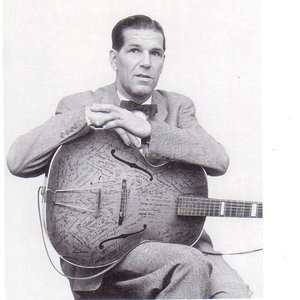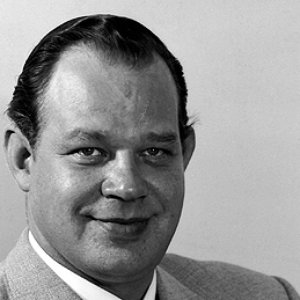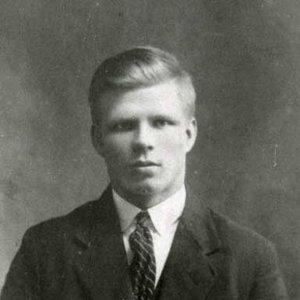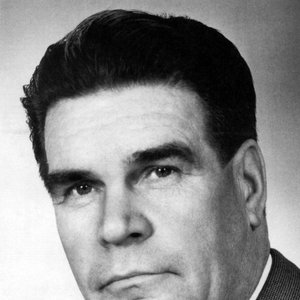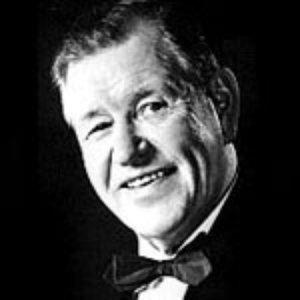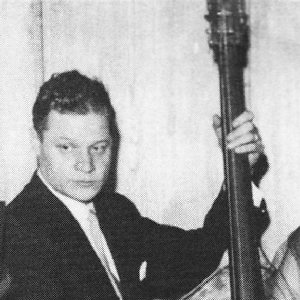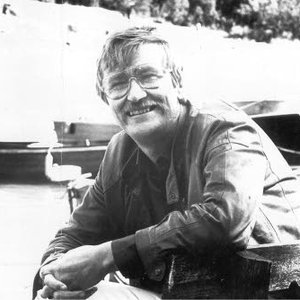Biography
-
Born
17 May 1891
-
Born In
Kangasniemi, Etelä-Savo, Finland
-
Died
7 July 1957 (aged 66)
Hiski Salomaa, born Hiskias Möttö (May 17, 1891 - July 7, 1957) was a Finnish-American folk singer and song writer. Born in Kangasniemi, Finland, Salomaa moved to the Upper Peninsula, Michigan, in 1908 after the death of his mother. There, he made his living as a tailor. Salomaa, an active socialist, joined the Industrial Workers of the World and served time in prison as a conscientious objector during the First World War.
Salomaa's songs depict Finnish immigrant life in North America and were very popular among the Finnish diaspora in North America. An interesting feature of Salomaa's is the plain use of Finglish in his lyrics, making his songs more difficult to understand outside of a Finnish-American or Finnish-Canadian audience. Often referred to as the Finnish Woody Guthrie, Salomaa's songs paint a picture of the Finnish, working class immigrant experience.
Between 1927 - 1931 Salomaa recorded 18 songs for Columbia Records. His best known songs include Tiskarin Polkka (Dishwasher's Polka), Vapauden Kaiho (Yearning for Freedom), and Lännen lokari (Western Logger). Salomaa's recordings are considered to be an important part of Finnish recording history because during this period the Finnish recording industry was almost non-existent. In fact, between 1917 - 1925 not a single record was released in Finland.
Hella Wuolijoki, the head of Yleisradio in Finland in the late 1940s, broke a Hiski Salomaa record into pieces during a live broadcast because she hated the song Lännen lokari.
Artist descriptions on Last.fm are editable by everyone. Feel free to contribute!
All user-contributed text on this page is available under the Creative Commons Attribution-ShareAlike License; additional terms may apply.

